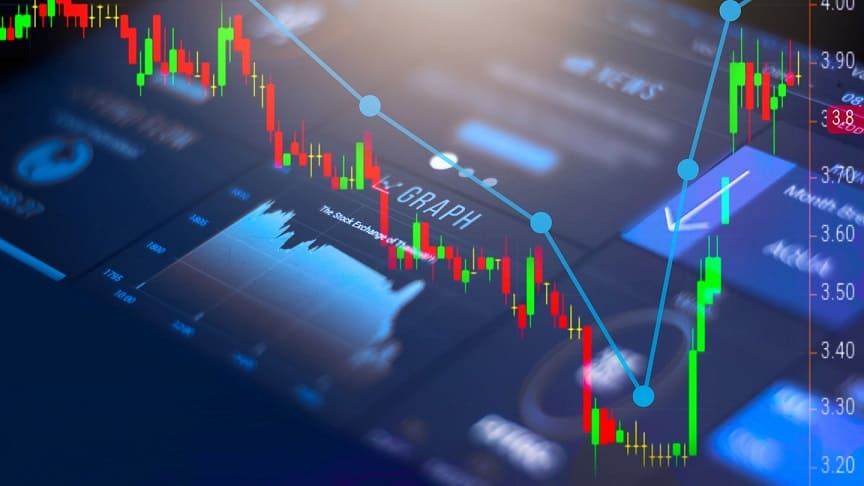The world of forex trading is exciting right now. This is an industry that is accustomed to rapid changes and constant updates, however there are some currencies and commodities that have seen their value soar and plummet dramatically in recent months, making it an especially interesting time to invest.
Oil, for example, has experienced changing fortunes in recent months, making it of particular interest to those who are looking beyond lockdown to when everyone gets behind the wheel and back on the road. But why would you invest when things are so uncertain? And what if you’re a private investor looking to get into trading? Here is a look at what forex can look like if you’re a private investor.
Why invest when the market is fluctuating?
Fluctuating currencies should have a balancing effect. If currencies become weakened because of economic issues and a lack of demand for assets and commodities, those assets and commodities are cheaper. As they’re less expensive, these cheaper good should generate demand again.
This see-saw between loss and profit is what makes investing in forex so compelling. Timing is everything and it can be easy to get it right – and to get it wrong.
What are the risks for private investors?
For individual investors, it can be relatively easy to begin trading. While forex is typically dominated by financial institutions and global banks that have the power and backup when things go wrong, private investors may want to get involved in this world.
However, there are some risks to be aware of before jumping in. Losing money is the biggest risk, but there are some more to be aware of:
- Interest rate risks
Interest rate fluctuations have a direct impact on the exchange rate. Higher interest rates tend to strengthen the exchange rate because of an increase in investments. But if the interest rates fall, private investors may have to pull out and this can mean a loss for the investor.
- Liquidity risk
If the market being traded is liquid – and the forex market is one of the most liquid markets to trade in – this means that it’s easy to open and close at the expected price. If there is a period of low liquidity, the cost of trading could increase. As a private investor, this could impact negatively on finances.
- Counterparty risk
This is the risk associated with the counterparty, and in forex this counterparty is the broker. The issue here lies in the broker not paying the investor because of bankruptcy or a lack of regulation.
How can private investors protect themselves?
Private investors need to be aware of the markets and stay on top of the current news cycle, especially in the sectors they’re hoping to invest in. By being aware of the changing markets, it’s possible to jump in and invest at the best time.
Getting a feel for how the industry works before parting with any money can also be a good way to lay the groundwork. Many brokers also offer free demo accounts that can be used to simulate the global market without any risk. For example, Tickmill offers a demo account that allows potential private investors to get a feel for the markets and how they operate. This can be a useful way to test the water.
While there isn’t the safety net available for private investors that there is for the big financial institutions, by being aware of the risks and the ways to navigate the forex industry, it can prove lucrative in the long run. However, it’s crucial that investors are aware of the risks before e-diving in.
